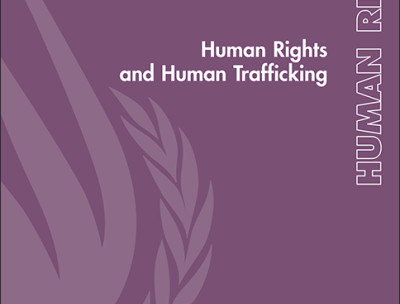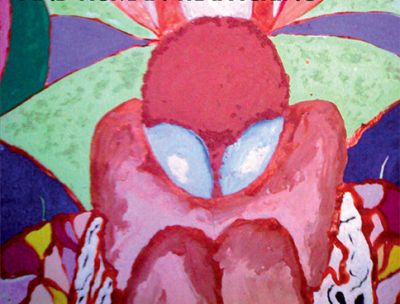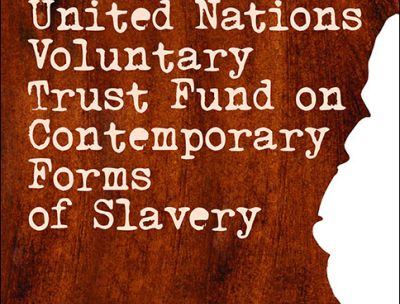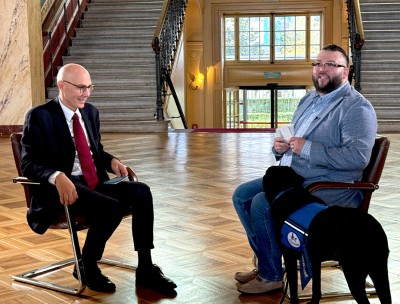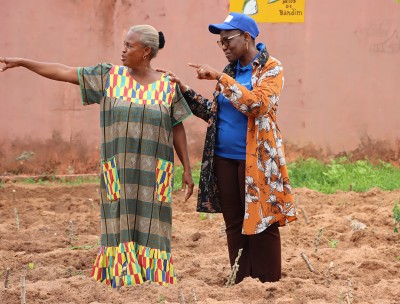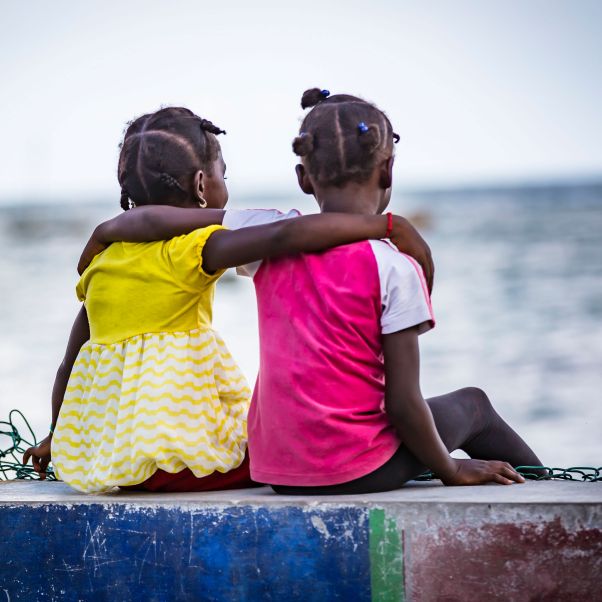
About
Slavery, including in its contemporary forms, and trafficking in persons are crimes prohibited under international human rights law. Yet millions of people around the world remain forced into servitude and other contemporary forms of slavery. Millions are also trafficked worldwide for the purpose of exploitation, including sexual and labour exploitation, organ removal, forced marriage or forced criminality. This exploitation persists, even as we approach 100 years since the adoption of the Slavery Convention of 1926, and over 20 years since the Palermo Protocol.
Victims of slavery and trafficking often have been subjected to many serious human rights violations. While they have a right to an effective remedy, they are often not able to access justice given limited awareness and multiple structural limitations, including within authorities responsible for supporting or pursuing such claims.
Our work
The UN Human Rights Office addresses trafficking through the lens of a human rights-based approach. Our Office has developed principles and guidelines that aim to support and empower those involved in anti-trafficking efforts to fully integrate human rights into their analysis and responses to trafficking.
We also support UN human rights mechanisms in their preparation of reports and guidelines relating to slavery and human trafficking with the objective of increasing the visibility of these crimes and of giving the often invisible survivors a voice at the international level.
Current focus
Who else
Special Rapporteur on slavery
The mandate on contemporary forms of slavery was most recently renewed by the Human Rights Council in 2019. It covers issues such as traditional slavery, debt bondage, serfdom, forced labour, children in slavery and slavery-like conditions, sexual slavery, forced and early marriages and servile forms of marriage.
Special rapporteur on trafficking in persons
First established in 2004, the mandate of the Special Rapporteur was most recently extended in 2020 by the Human Rights Council. The Special Rapporteur acts on violations committed against trafficked persons and on situations in which there has been a failure to protect their human rights.
UN Voluntary Fund on Contemporary Forms of Slavery
For 30 years, the Fund has been assisting individuals whose human rights have been severely violated as a result of slavery. It provides direct legal, medical, psychological, social and holistic assistance to victims through grants awarded to non-governmental organizations.
